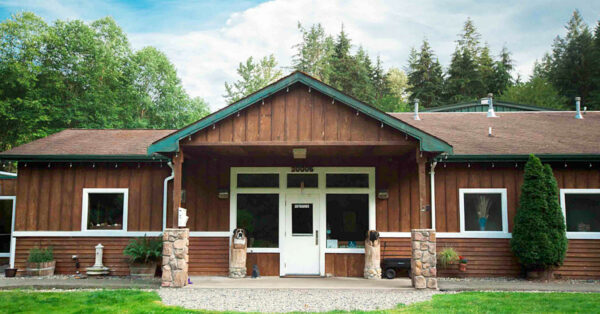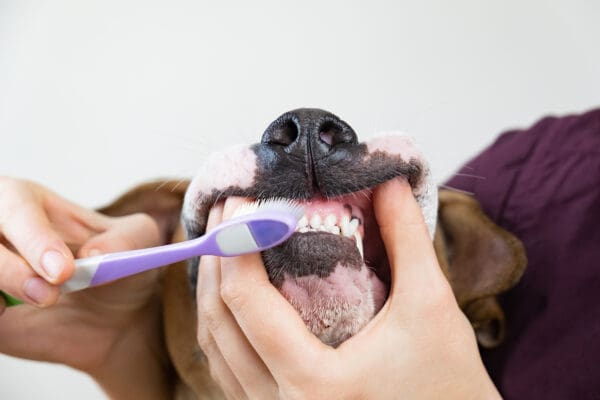It’s amazing how well our pets know our routines. The way they zoom to the front door when you put your coat and shoes on, or hover expectantly near their dish in the morning around breakfast time, it all goes to show how our pets are creatures of habit. They thrive on stability and structure. That’s why for pets, major life changes such as moving can really rattle their cage. Here are some tips and tricks to ease the transition for everyone.
Disruption in day-to-day life for your pet can sometimes cause stress. During this time, make an extra effort to keep things familiar. Keep feeding times and daily play sessions at the same times each day. When you begin incorporating new things into your daily happenings, choose key words and phrases to associate with the actions. This way they can begin to get a sense of the new routine you’re developing.
Another way to relieve your pet from the stress that comes with change is to use distractions. Provide interactive, stimulating toys. Treat dispensing toys, such as kongs stuffed with peanut butter, can be a sure-fire way to keep their minds occupied. You can also leave the radio or tv on, or play soft music in the background to somewhat cover the unfamiliar sounds and voices that might be heard during the process of packing and unpacking.
If possible, try to bring your pet into your new home with everything already in place. Familiar furniture and items will help make things a little less chaotic and more settled. To do this, you may want to look into boarding your dog or cat while the most hectic parts of the move are going on. If that’s not an option, try to confine them to one room filled with comforting belongings such as their beds, toys, food and water. This way they won’t be a part of the commotion going on in the rest of the house.
When you’re getting settled into your new home, be sure to explore the neighborhood with your dog. This will help burn off any pent-up energy, and will also help him identify the smells and location of his new home should he ever get loose and need to find his way back. Another precaution that should be taken is either getting your pet microchipped or updating your microchip contact information.
Most importantly, remember that your pet needs time to adjust to their new arrangements. Your patience, along with extra love and attention, will make this sometimes difficult transition much easier for both you and your pets. With your help, he’ll regain his bearings and begin to truly feel at home.
This blog was written by Kelly Keppel, one of the attentive, pet-loving staff at Cascade Kennels. If you would like more information on boarding your pets during your move, visit our website or call 425-483-9333.



